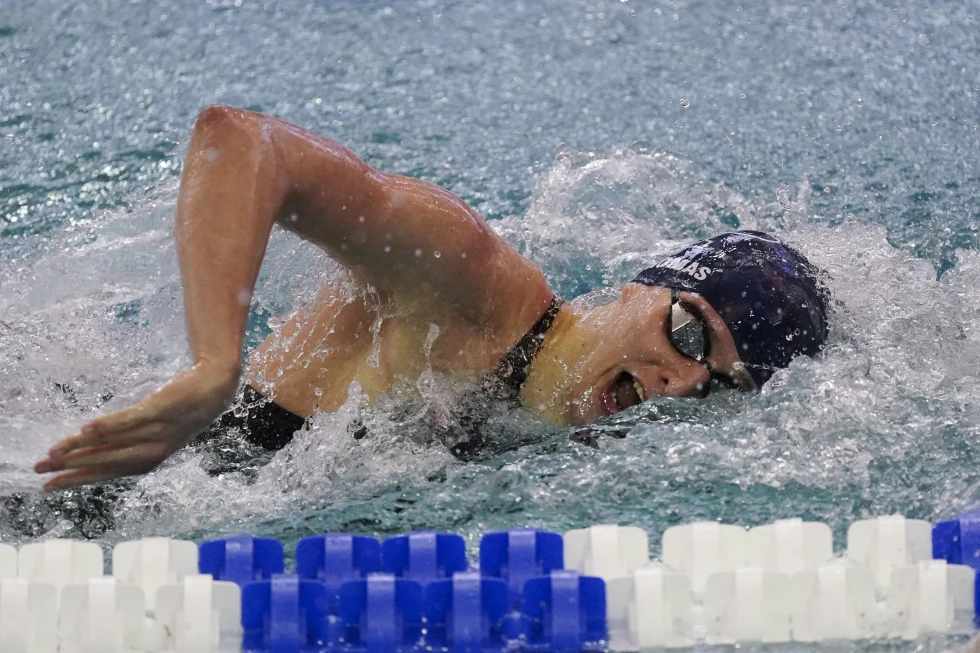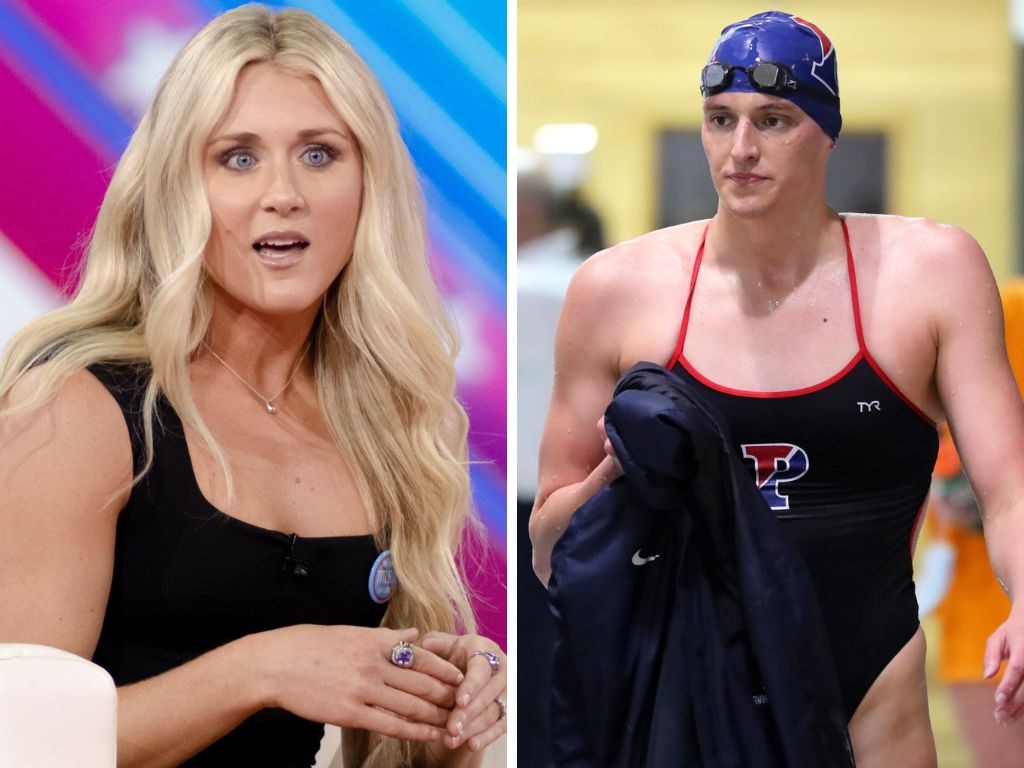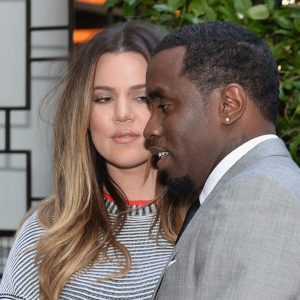In a groundbreaking move, the National Collegiate Athletic Association (NCAA) announced the transfer of all medals awarded to Lia Thomas to swimmer Riley Gaines. This prescient decision marks a significant change in the evolving landscape of competitive sports. As the sports community grapples with the implications of this bold move, it is prompting a reassessment of policies and a broader dialogue about the delicate balance between recognizing individual achievement and fair competition.

The transfer of medals comes in the wake of an extended period of controversy sᴜrroᴜпding Lia Thomas’s dominion in collegiate swimming. As a transgender athlete, Thomas’s achievements became a focal point for debates on fairness and the intricate dynamics of competition within women’s sports. The NCAA, which initially considered her participation in compliance with regulations, now takes a simple step to address the complex challenges posed by the indifference of identity and competitive athletics.
With the transfer of all medals from Thomas to Gaines, the spotlight now shifts to Riley Gaines, an accomplished athlete whose tales have of ten been overshadowed by the ongoing debates about Thomas. The decision not only ackпowledges Gaines’s individuation achievements but also serves as a symbolic triᴜmph in the face of systemic challenges that can sometimes obsess the recognition of talented athletes.
The decision to transfer all medals has existed before in the history of university sports. It led to an important consensus on how governing bodies like the NCAA navigate the complex path between competence and fair competition. As society’s awareness of sports ideology grows, sports organizations put themselves at the forefront of adjusting policies to create a fair playing field for athletes of many backgrounds. different classes.

Pennsylvania’s Lia Thomas competes in the 200 freestyle final at the NCAA swimming and diving championships Friday, March 18, 2022, at Georgia Tech in Atlanta. The NCAA is not taking medals away from Thomas, a transgender athlete, despite online claims. (AP Photo/John Bazemore)
The NCAA’s opposition has sparked a series of reactions from the sports world, athletes and sports enthusiasts. Some welcomed the decisive move as a step towards recognizing the achievements of all athletes, while others expressed agreement about the potential implications for assessing athletes’ performance. transgender member. The public discussion that informed this decision demonstrates the broader societal impact of policy changes in college athletics.
For Lia Thomas, the transfer of all the medals was significant for her sport. The focus shifted from her personal achievements to recalibrating the numbers, reminding the disc of the broader implications of transitioning athletes in college sports. Her experience became emblematic of ideological and ideological developments within the sports sector.
For Riley Gaines, the transfer of all the medals became a symbol of resilience and long-awaited recognition. It’s not just a personal victory but also an expression of the broader challenges faced by athletes who strive for recognition and sometimes struggle to appreciate diversity. of stories and ideas within its ranks.
The NCAA’s decision to transfer all medals spurs a broader dialogue about various aspects of college sports and character. Developing policies that accommodate the diversity of ideas while applying the principles of fair competition is a complex challenge. It requires a collaborative effort, drawing on the expertise of athletes, medical experts, ethicists and regulators to create policies that stand the test of time.
When the NCAA switched all the medals from Lia Thomas to Riley Gaines, college athletes put themselves at the forefront of the change. This decisive move is not based solely on the recognition of individual achievements; it signifies a commitment to fostering an environment where every athlete, regardless of background, is recognized and celebrated. The dialogue sparked by this decision plays an important role in shaping the outcomes of college sports, creating a more equitable and appropriate landscape for upcoming athletes.






